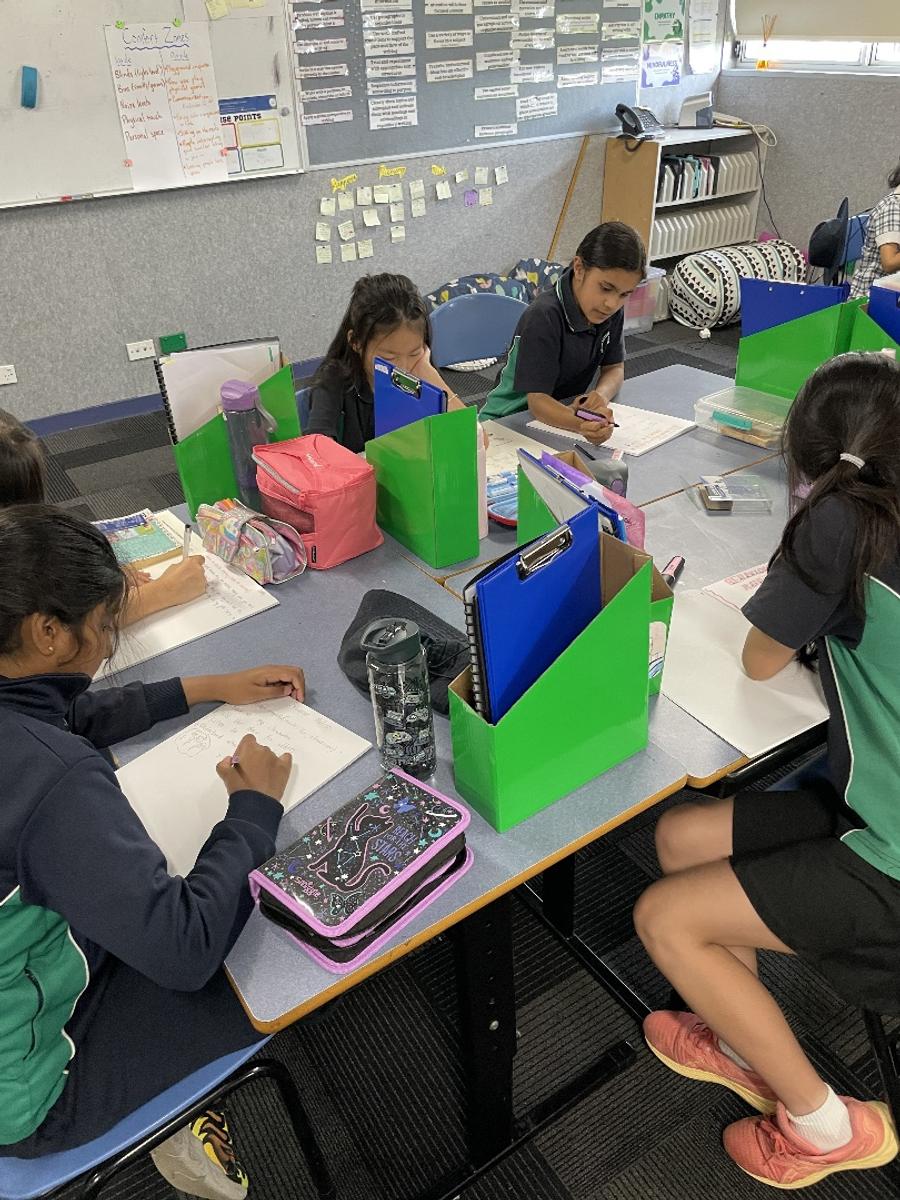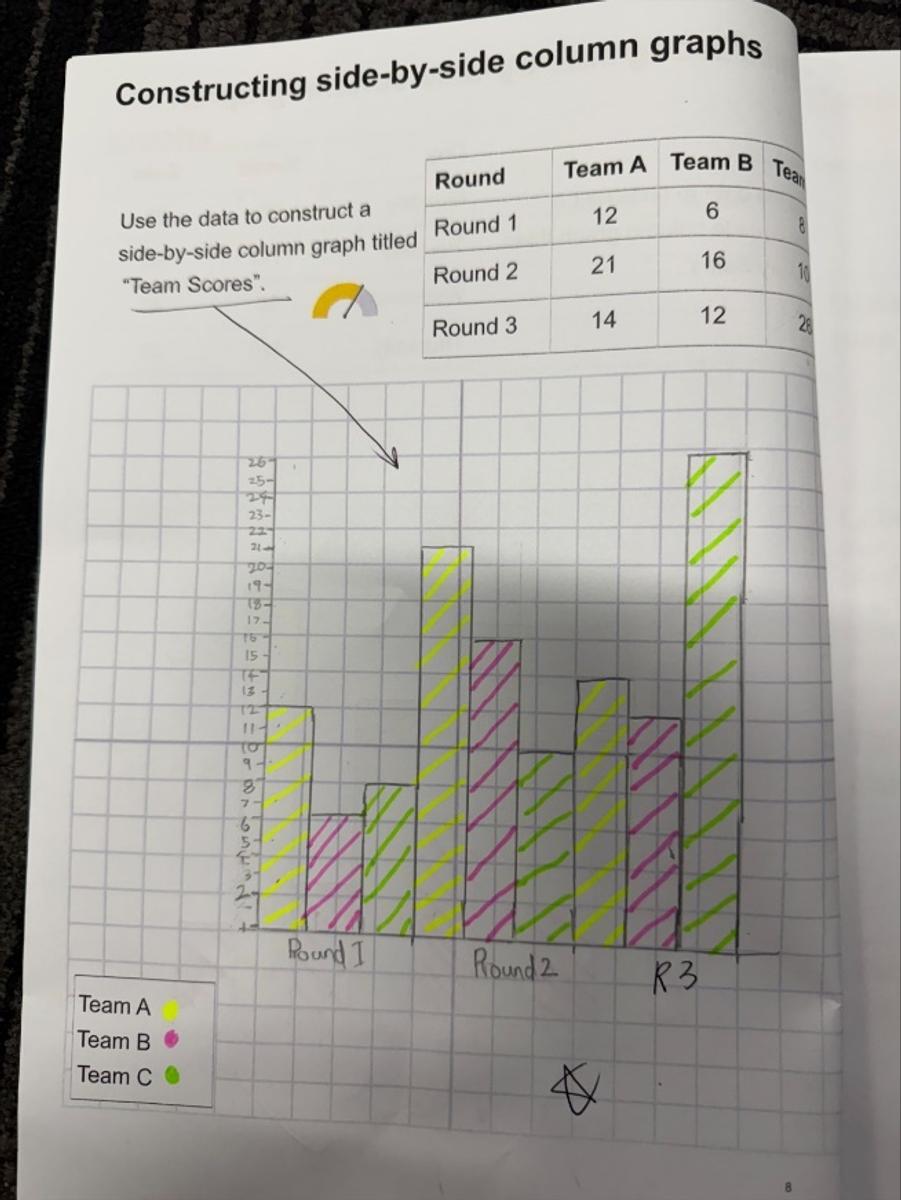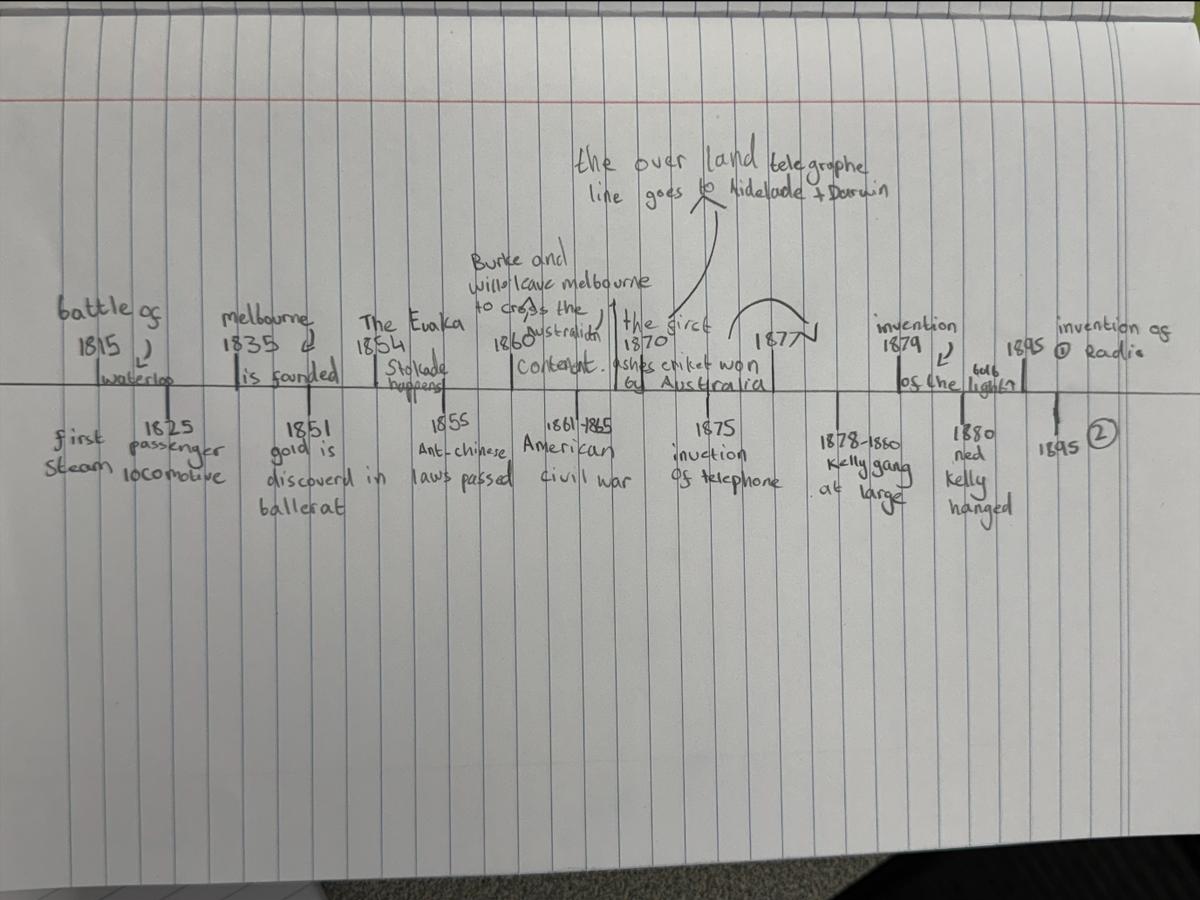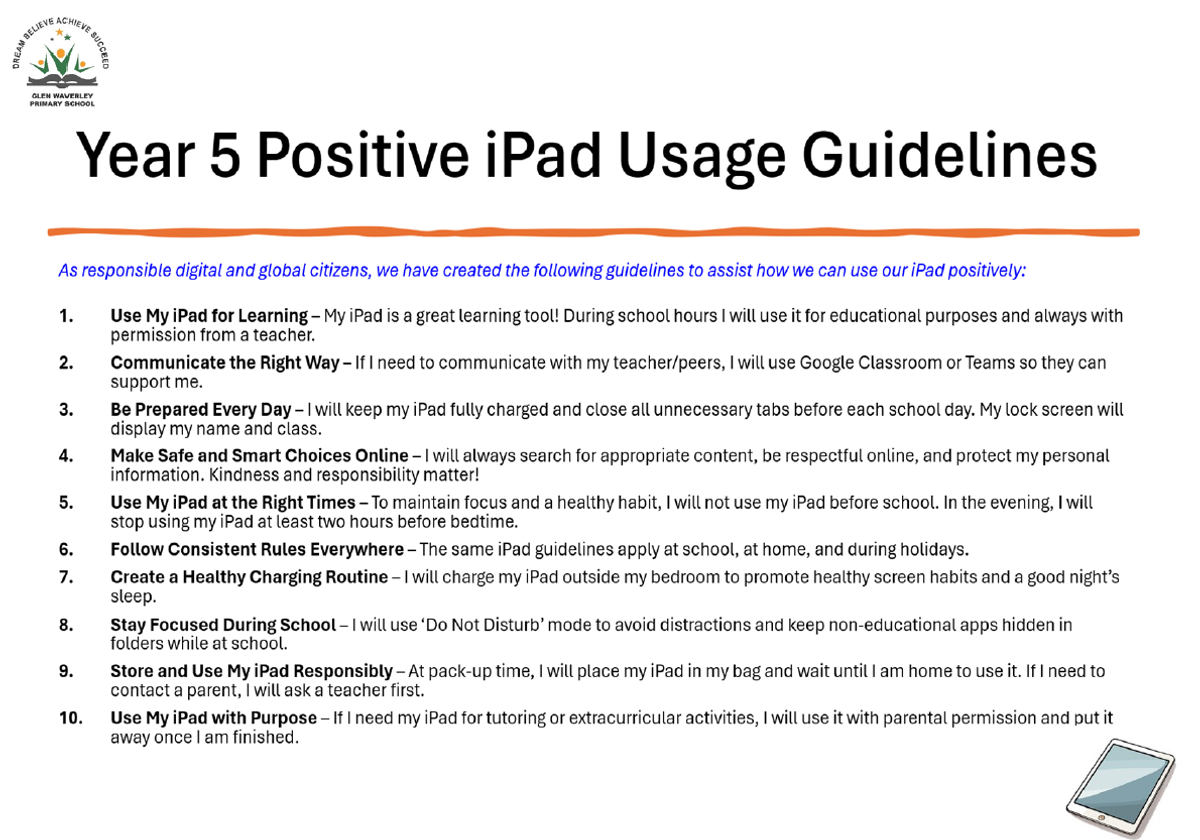Term 1
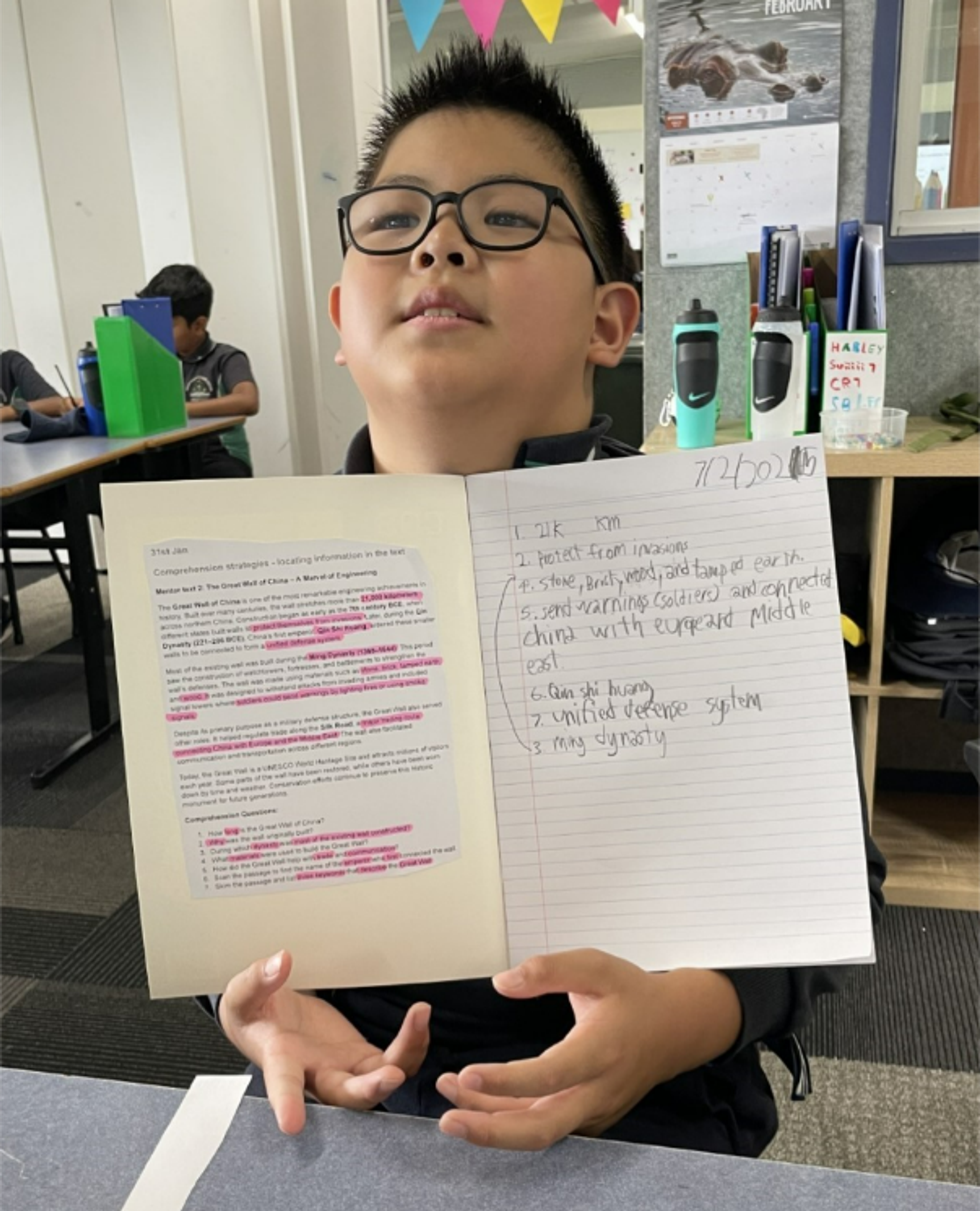
English
In Reading students will be analysing narrative texts to identify how authors develop characters and the use of literary devices. They will be provided with the opportunity to view a variety of texts throughout the unit from both student and adult authors and compare the effectiveness of the different literary devices used. There will be a close focus on language and how specific word choices help the author engage the reader. In addition, students will be explicitly taught Reading Strategies using the CAFE (Comprehension, Accuracy, Fluency, Expand Vocabulary) menu.
In Writing we are focussing on narratives, through the lens of the author. Students will be looking to transfer the skills learnt in reading to apply them to their writing. They will also be immersed in a unit on persuasive texts. The importance of structure, relevant language features and word choice will be explored. Students will also continue with sustained writing as they are provided with the opportunity to write about a topic of their choice and in a style, they desire, with the aim of achieving their learning goal.
In Spelling, students will identify their personal words by finding incorrectly spelt words from their writing book and inquiring into them throughout the week. There will also be a new focus each week, such as double consonants and homophones.
Speaking and Listening skills will be embedded throughout the term in different learning situation from formal presentations and class discussion to partner turn and talk.
Key Vocabulary:
- Narrative
- Audience
- Purpose
- Plot
- Theme
- Structure
- Cohesion
- Persuasive
- Argument
- Rebuttal
- Superlative
How can you support your child’s English learning at home?
- Encourage your child to read each night, both aloud and to themselves.
- Ask your child what they have learnt about their spelling words from their spelling inquiry during the week.
Mathematics
This year our school is implementing the new whole school approach to teaching and learning Mathematics with explicit teaching and science of learning at its core. The Maths lesson will predominantly be an interactive whole class instruction following the I do/We do/You do instructional cycle. Students will be taught skills and concepts explicitly and will receive immediate feedback from their teacher. The topics (with their objectives) that will be covered in Term One are as follows:
- Data Representation: Data can be represented in different ways to help enhance meaning.
- Prime, composite, square and triangular numbers: Properties of numbers can be used to identify and group them.
- Operations (Part 1): Different mathematical situations require different methods to solve them.
- Area: The area and perimeter of a shape can be measured and compared.
- Time: Time is used to quantify, measure, or compare the duration of events or the intervals between them.
Key Vocabulary:
Data | Prime Number | Operation | Area | Time |
|
|
|
|
|
How can you support your child’s Mathematics learning at home?
- Practise telling time using both digital and analogue clock.
- Practise working out time duration, such as, how long till… and how long did … took.
- Encourage your child to explain their thinking and reasoning behind their calculations.
- Discuss the meaning and example of key vocabulary
Inquiry
Question: “What might history teach us about building resilient communities?”
Global Goal: Reduce Inequalities
In Term One Inquiry, our learners will be exploring the question “What might history teach us about building resilient communities?” Students will build their understanding of Australian history through the perspectives of multiple people and cultures, particularly those formed in the era of the Gold Rush. They will compare experiences of groups and individuals who lived through a very different time in our history, considering the roles that police, bushrangers, migrants and Indigenous Australians played in forming communities, and comparing that to what we experience today and working towards our global goal of ‘reduced inequalities.’
Students will have the opportunity to go deeper into their learning and immerse themselves in the historical town of Beechworth on our camp at the Old Priory. The Beechworth camp allows learners to make connections between their classroom research and the areas in which many of the events occurred. Students will have the chance to engage with the story of Ned Kelly and developed a nuanced view of his place in the lore of Australia.
Key Vocabulary:
- Resilience
- Community
- Inequality
- Gold Rush
- Eureka Stockade
- Uprising
- Beechworth
- Immigration
- Migrants
- History
- Indigenous
- Bushranger
To support your child’s Inquiry learning at home, you could:
- Have an open conversation about Australia’s history and the different perspectives of all who have inhabited it.
- Do some research and discovery together on the location, features and history of Beechworth.
- Explore the history of your family tree together to identify when your family immigrated to Australia, what the circumstances were and what issues may have been faced for migrants in that era of Australia’s history.
Wellbeing
The Resilience Project
In 2025, we are continuing to build on the fantastic efforts of our school staff in incorporating The Resilience Project (TRP) program into the Glen Waverley Primary School approach to student wellbeing. The program guides students into utilising Gratitude, Empathy and Mindfulness (GEM), while expanding their Emotional Literacy skills. Practising these skills regularly helps to develop well rounded students who can confidently build connections with others, are keenly aware of their emotions and can self-regulate in inevitable times of stress.
TRP consists of individual lessons made up of short, engaging activities which have been created through evidence-based research. These lessons are delivered in the first face-to-face learning session each week in order to provide students with an opportunity to begin on the right foot; a way to begin the week in a positive mindset. Learners also take part in regular GEM Chats, which are targeted circle time discussions where they practice one of the GEM skills by answering a specific question or responding to a prompt. Some examples of this may be:
“What is something that has made you feel proud this week?”
Or
“What are some random acts of kindness you could perform this week?”
Students are at the centre of what we do and promoting positive mental health for all students is key to achieving this goal. In Term One, the focus is on strengthening students’ understanding of their own emotions, the emotions of others and how to appreciate others for the value they add to their lives. You can explore The Resilience Project at Home Hub here.
Cyber Safety Project
In Term One, our Level 5 students will begin a new and exciting journey focused on Cyber Safety. This project will help our students develop essential digital literacy skills, while also encouraging them to think critically about their actions and well-being in the online world. The lessons will cover a wide range of content under the overarching themes of Responsibility, Integrity, Strength and Empathy. This term, the theme is responsibility, and we will be covering topics such as identifying phishing scams, effective use of security features, creating strong passwords and how to utilise all of these elements to ensure online safety and security. In a world where the internet is becoming part of children’s daily lives, the Cyber Safety program provides essential information in a fun and interactive way.
Key Vocabulary:
- Wellbeing
- Resilience
- Gratitude
- Empathy
- Mindfulness
- Emotional literacy
- Cyber safety
- Responsibility
- Integrity
- Mental health
You can support your child’s Wellbeing learning at home by:
- Asking them to discuss their day at school, trying to mainly focus on the positives that they are grateful for
- Have your own family GEM Chats at home, where you practise gratitude, empathy and mindfulness
- Access the TRP@Home portal, where you can find a range of activity ideas and media to share with your children - https://theresilienceproject.com.au/at-home/home-2023/
Year 5 Positive iPad Usage Guidelines
As a whole Year 5 cohort, the students and teachers have collaborated to create a set of guidelines around the implementation of the one-to-one iPad program. We reviewed the previous Year 4 rules and revised them to develop common sense rules that most benefit the students’ learning and demonstrate an expectation of responsibility.

